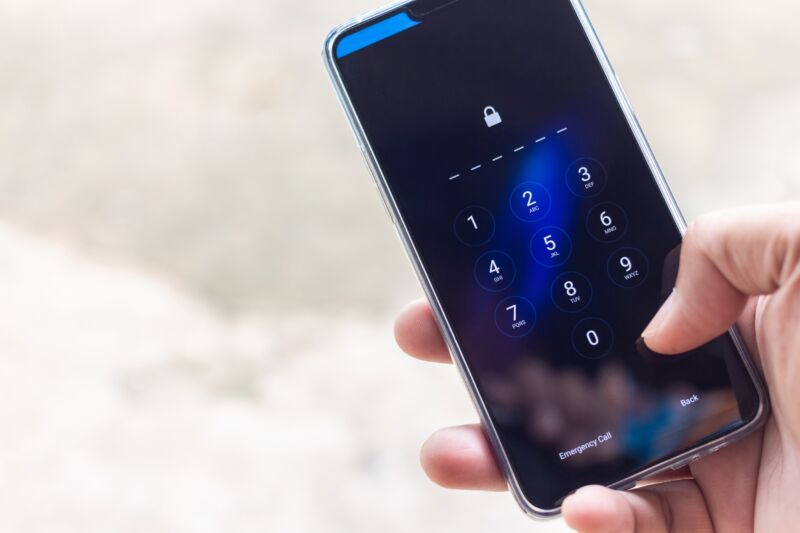Suspects can refuse to provide phone passcodes to police, court rules

Enlarge (credit: Getty Images | releon8211)
Criminal suspects can refuse to provide phone passcodes to police under the US Constitution's Fifth Amendment privilege against self-incrimination, according to a unanimous ruling issued today by Utah's state Supreme Court. The questions addressed in the ruling could eventually be taken up by the US Supreme Court, whether through review of this case or a similar one.
The case involves Alfonso Valdez, who was arrested for kidnapping and assaulting his ex-girlfriend. Police officers obtained a search warrant for the contents of Valdez's phone but couldn't crack his passcode.
Valdez refused to provide his passcode to a police detective. At his trial, the state "elicited testimony from the detective about Valdez's refusal to provide his passcode when asked," today's ruling said. "And during closing arguments, the State argued in rebuttal that Valdez's refusal and the resulting lack of evidence from his cell phone undermined the veracity of one of his defenses. The jury convicted Valdez."